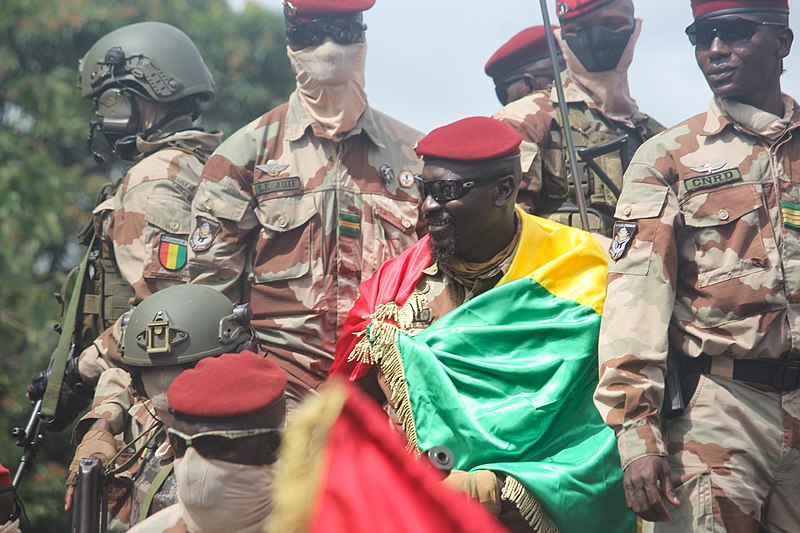
Guinea’s Transitional President, General Mamadi Doumbouya, has announced the creation of a dedicated military drone squadron, a new unit aimed at modernizing and strengthening the country’s armed forces.
The decision was made public on 22 July 2025 through a presidential decree broadcast on national television (RTG).
The squadron, operating under the direct authority of the Chief of the General Staff of the Armed Forces, will focus on surveillance, intelligence gathering, and tactical support in areas deemed strategically sensitive.
This move reflects Guinea’s efforts to adapt to emerging security threats across the West African region, including terrorism, cross-border crime, and illegal gold mining.
The integration of unmanned aerial vehicles marks a significant evolution in the country’s military strategy, bringing its defense capabilities in line with modern standards.
While the specific types, ranges, and potential weaponization of the drones have not yet been disclosed, military sources have indicated that specialized operator training is already underway.
These preparations are reportedly being conducted in partnership with allied nations, signaling an international dimension to the unit’s development.
By placing the squadron directly under the Chief of the General Staff, President Doumbouya seeks to ensure a centralized chain of command, which is expected to enhance the military’s responsiveness and operational efficiency during deployments.
The formation of the drone squadron is the latest in a series of initiatives by the ruling National Committee of Reconciliation and Development (CNRD) to reorganize Guinea’s defense and security forces since seizing power in September 2021.
Observers note that the implementation of this new unit will be closely monitored both domestically and internationally, amid growing calls for transparency, adherence to humanitarian law, and accountability within African armed forces.
The development signals a turning point in Guinea’s defense posture, as the country positions itself to better confront contemporary security challenges in the region.



